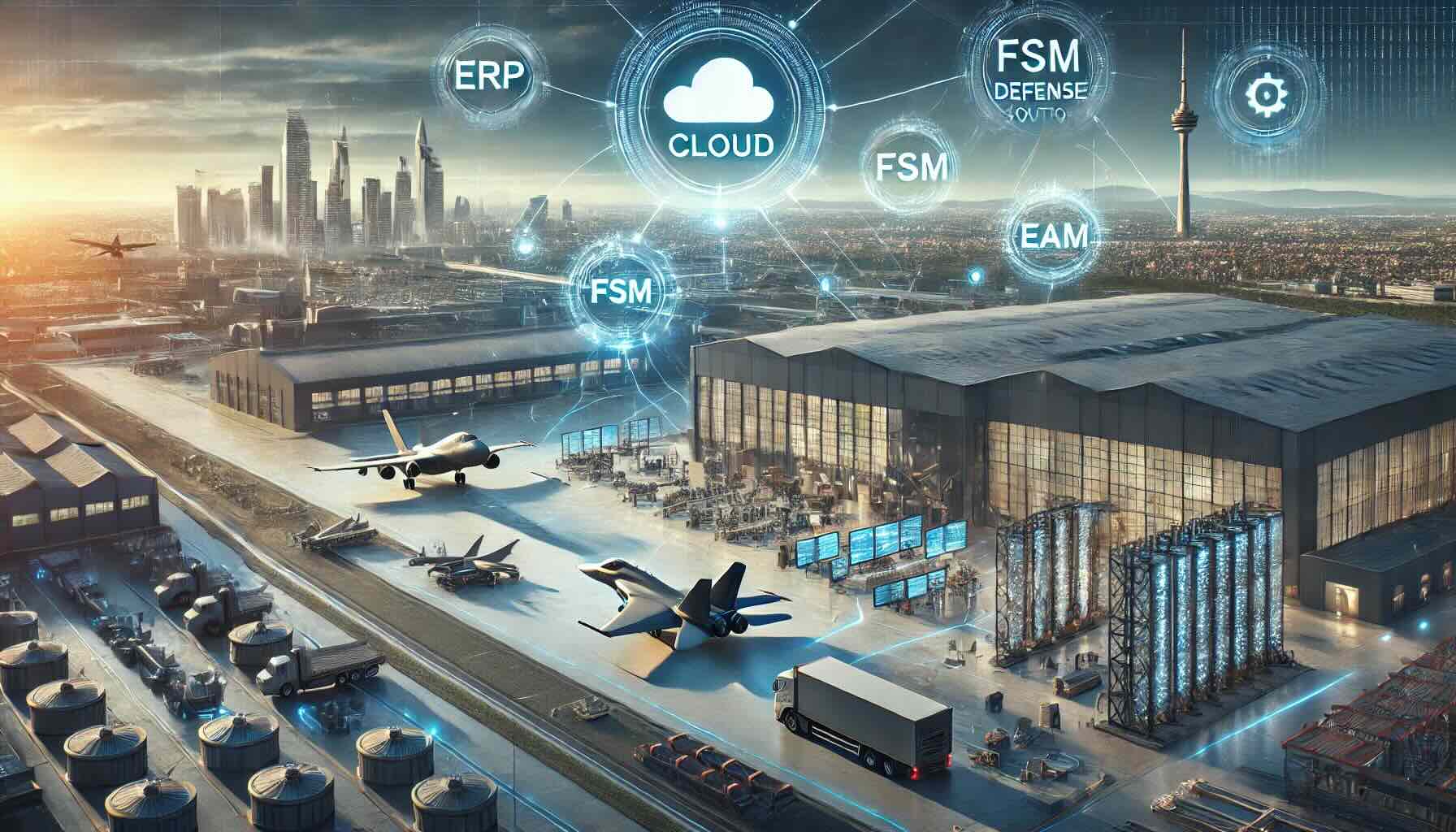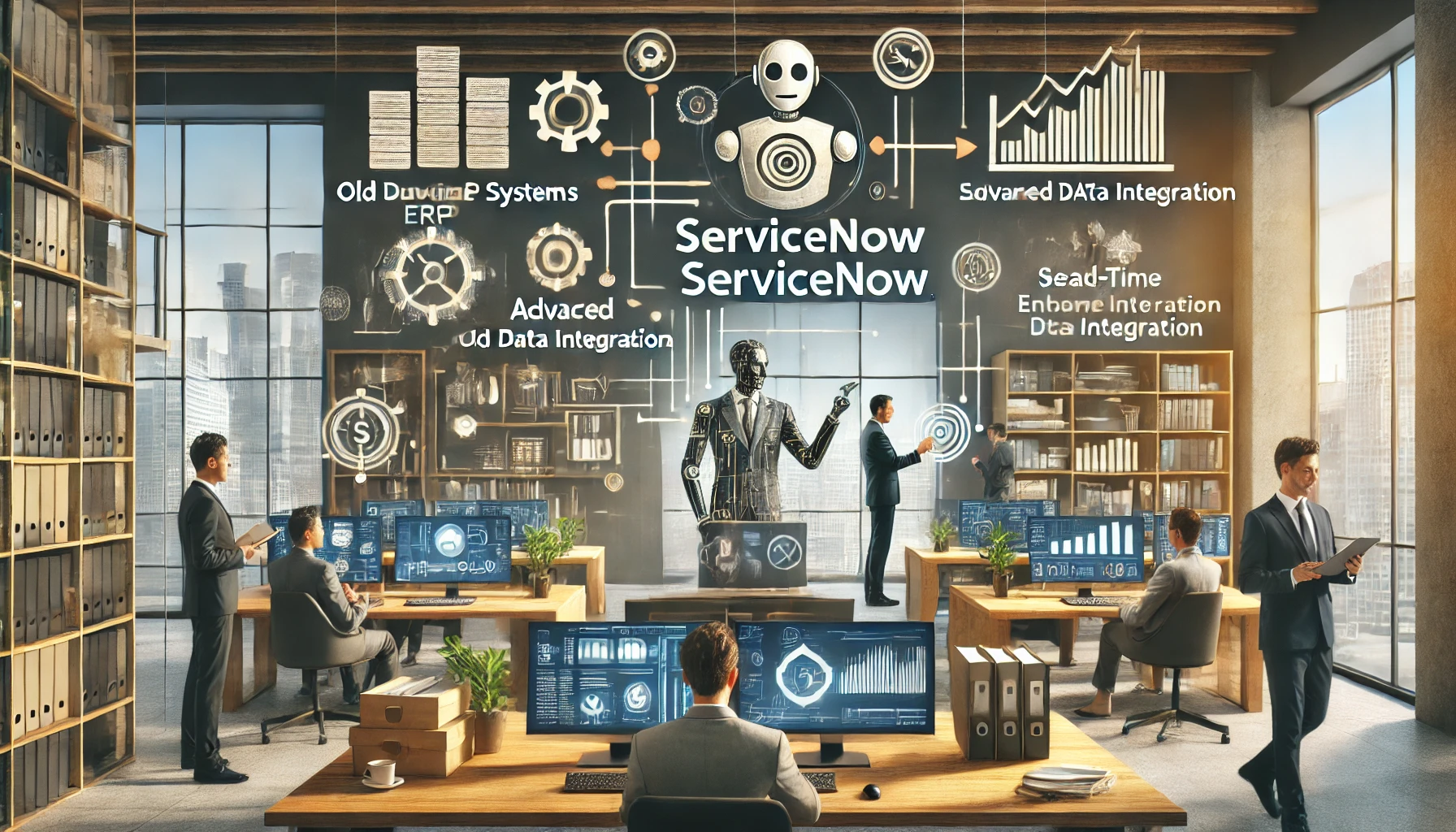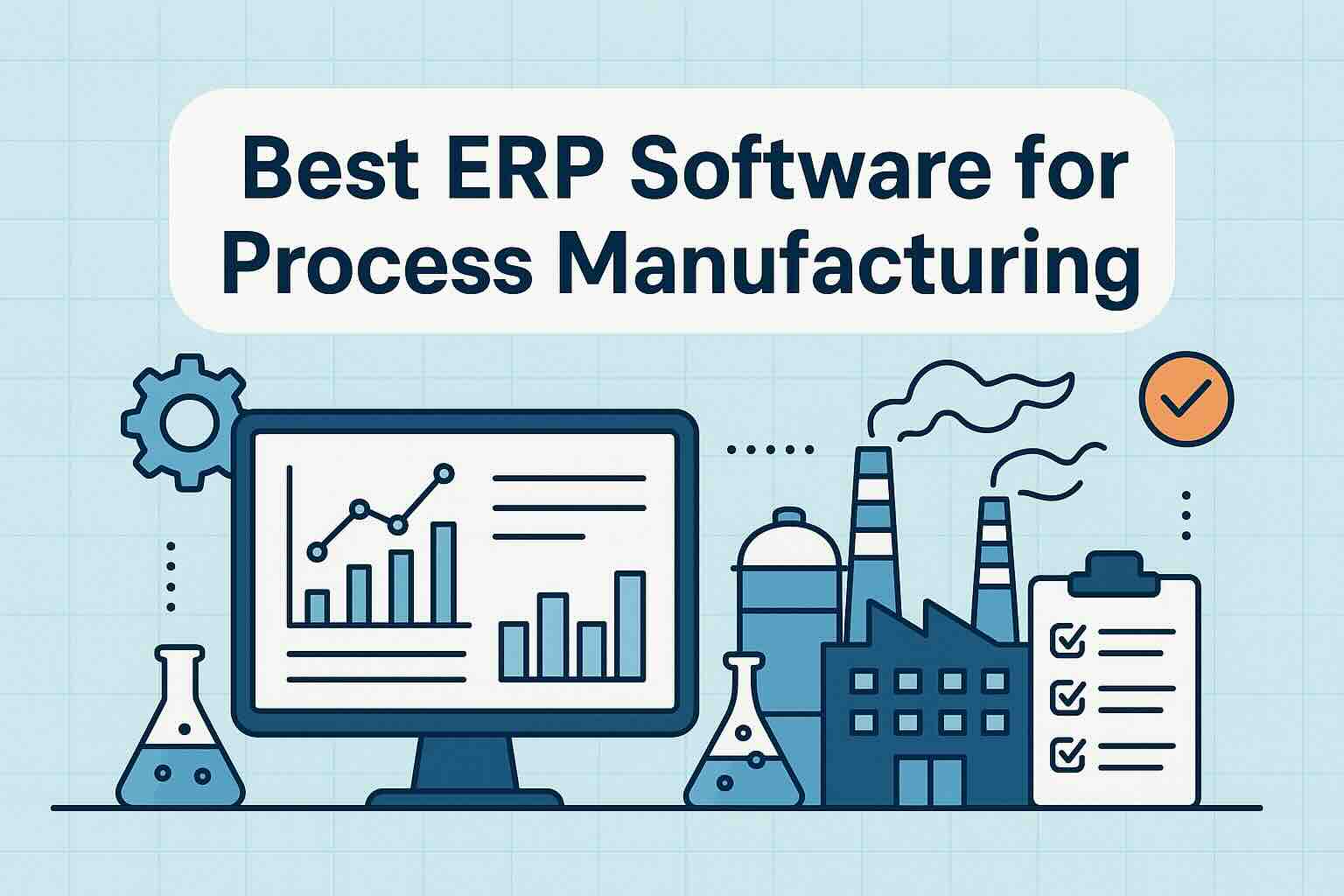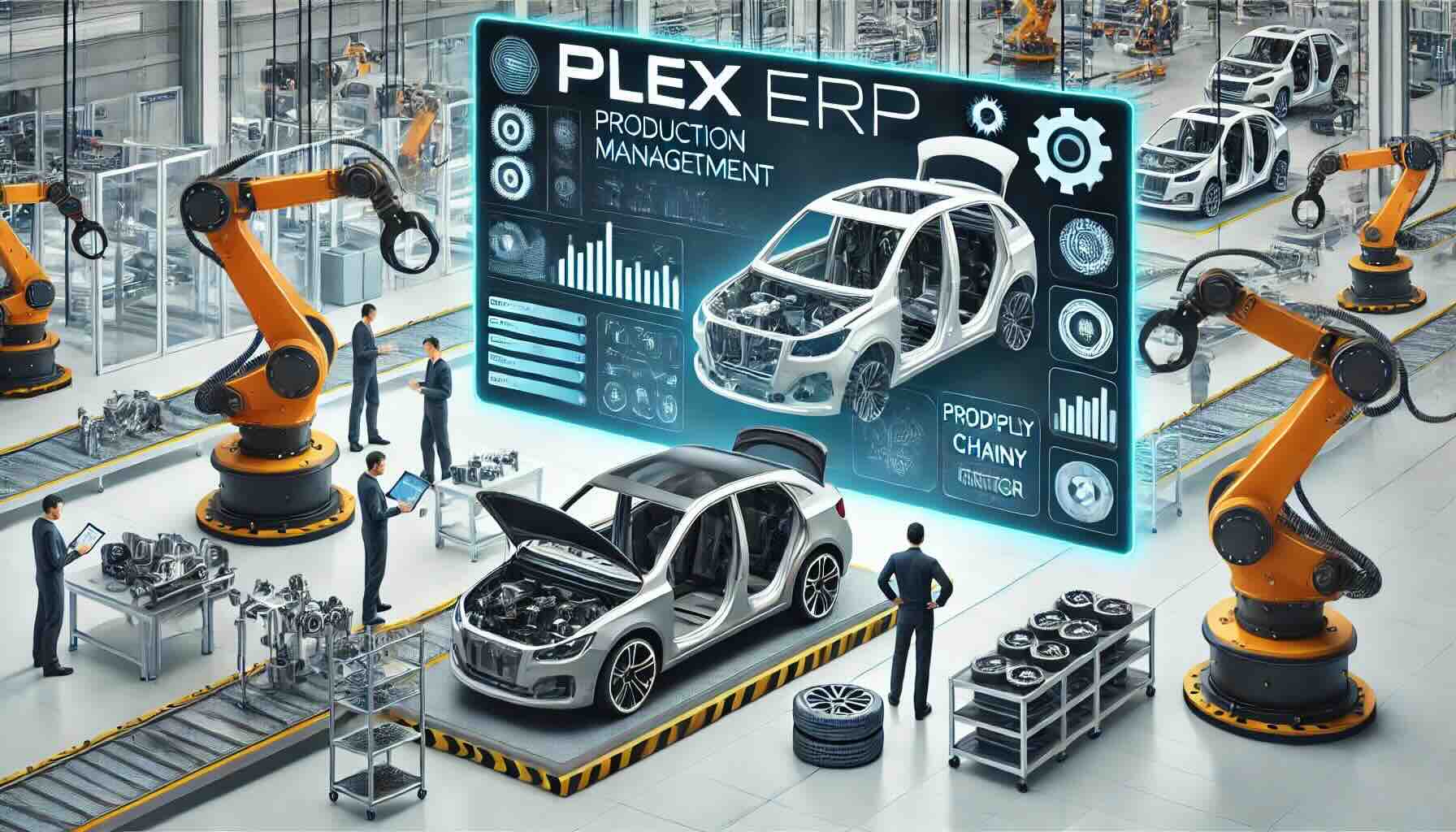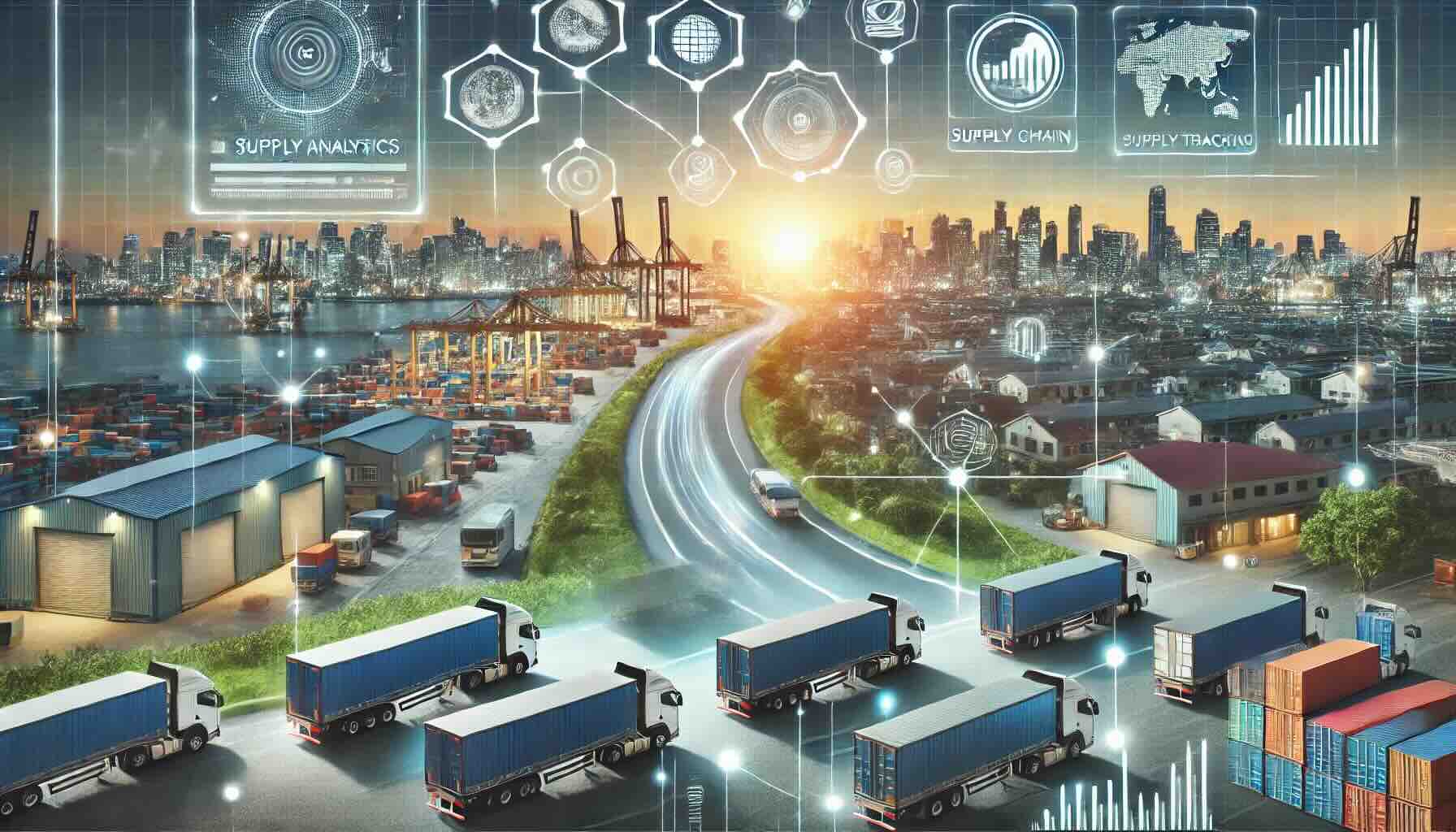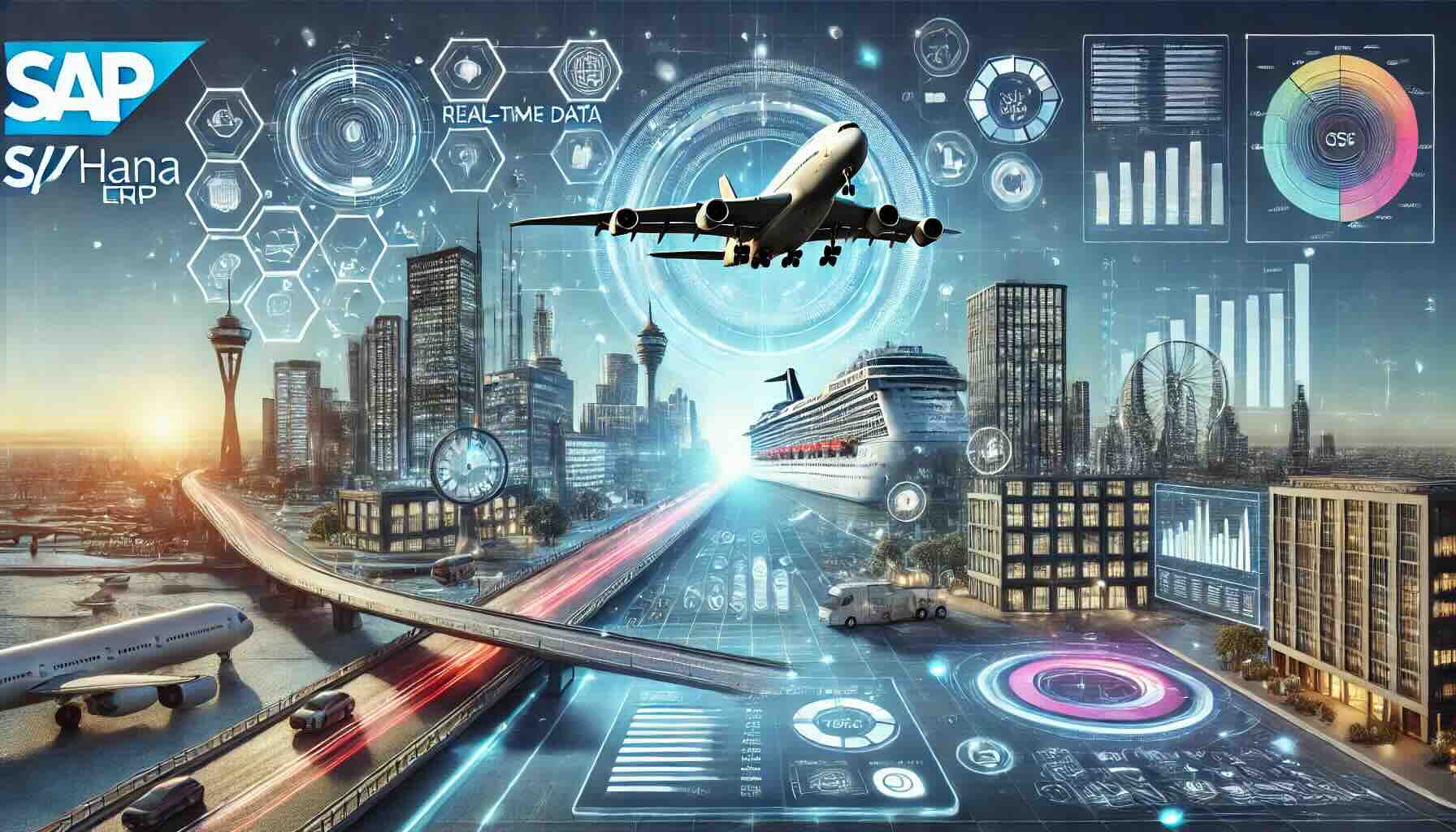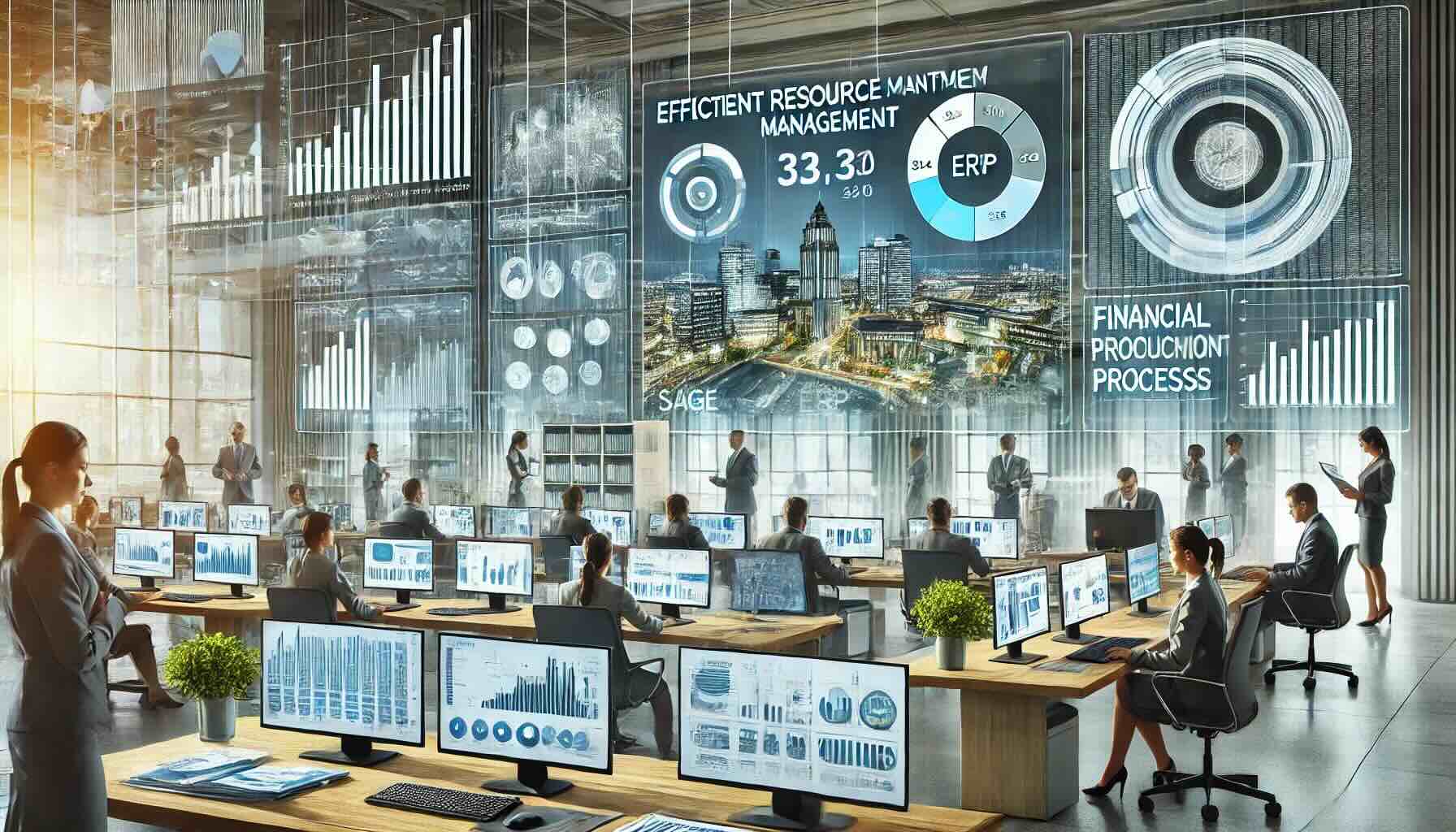Is Sage ERP the Right Choice for the Food & Beverage Industry?
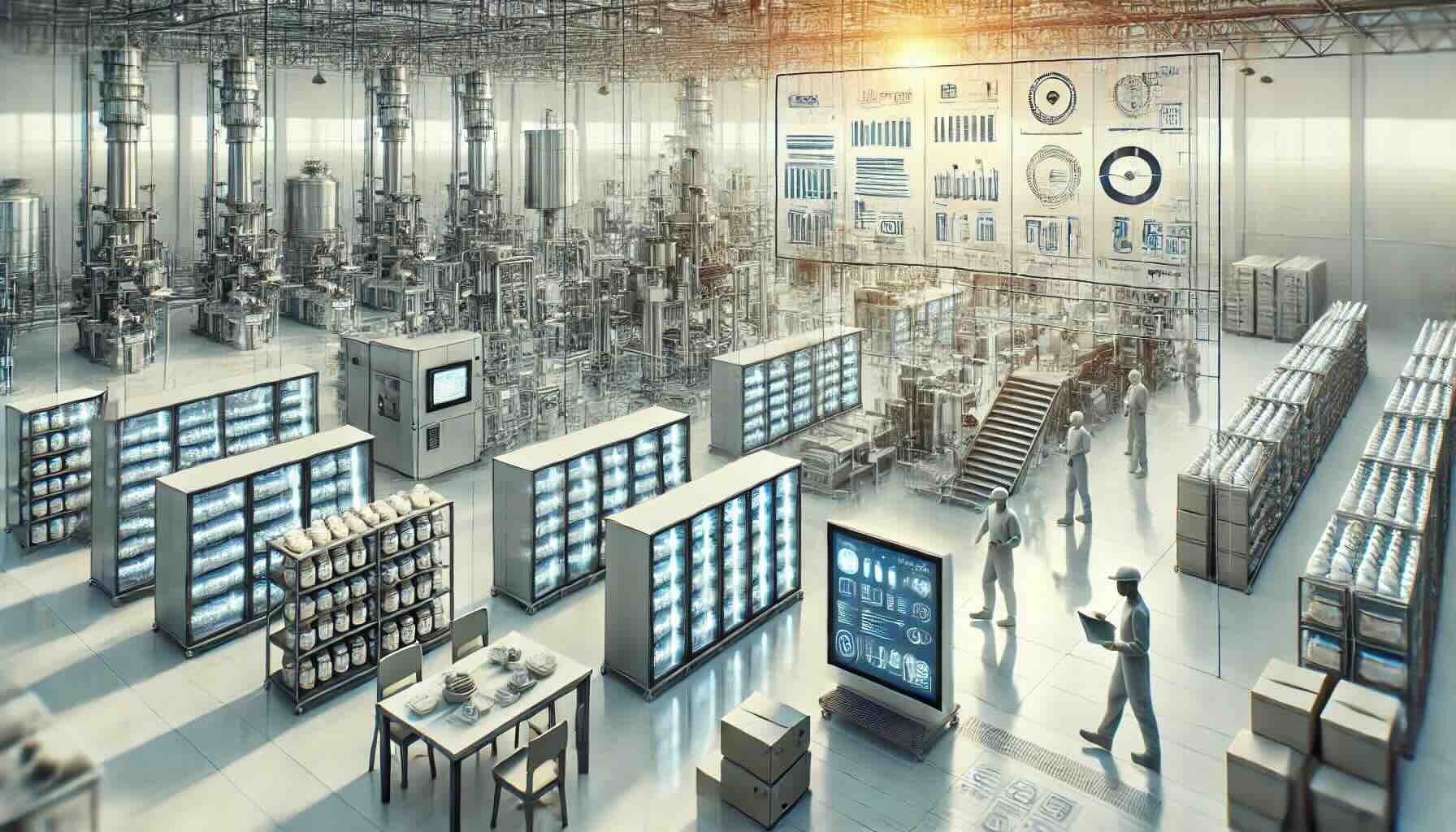
In today’s fast-paced and highly regulated food and beverage industry, businesses face unique challenges. From managing inventory and complying with stringent food safety standards to tracking supply chains and adapting to changing consumer demands, efficiency is crucial. Enterprise Resource Planning (ERP) systems are vital tools to help food and beverage companies streamline operations, reduce costs, and ensure compliance. Among the available options, Sage ERP stands out as a popular choice. But is it the right fit for the food and beverage industry?
In this article, we’ll explore Sage ERP’s capabilities, benefits, and limitations to determine if it meets the needs of food and beverage businesses.
Why the Food & Beverage Industry Needs ERP Systems
The food and beverage sector operates in a highly dynamic environment, with unique challenges such as:
- Regulatory Compliance
Stricter regulations like FDA, HACCP, and FSMA require companies to maintain detailed records and ensure traceability of ingredients. - Inventory and Supply Chain Management
Managing perishable goods demands real-time visibility into inventory levels, expiration dates, and optimal storage conditions. - Demand Forecasting
The ability to predict market trends and align production schedules with consumer demand is vital to avoid overproduction or shortages. - Cost Control
Rising ingredient costs and supply chain disruptions necessitate precise financial management.
A robust ERP system like Sage ERP can help businesses tackle these challenges by providing integrated tools for operations, financials, compliance, and more.
Key Features of Sage ERP for the Food & Beverage Industry
Sage ERP offers a wide range of features specifically tailored to the needs of food and beverage companies. Here’s a closer look at its functionality:
- Batch and Lot Traceability
Sage ERP excels in traceability, enabling businesses to track raw materials from supplier to end-product. This is essential for quick responses to recalls and maintaining regulatory compliance. - Inventory Management
With real-time inventory tracking, Sage ERP helps businesses optimize stock levels, monitor expiration dates, and reduce waste. - Quality Control
Sage ERP includes quality control features that ensure products meet regulatory standards and customer expectations. The system can automate quality checks at multiple stages of production. - Recipe and Formula Management
Food and beverage companies often deal with complex recipes and formulations. Sage ERP allows businesses to manage ingredient lists, adjust recipes dynamically, and track costs for each batch. - Regulatory Compliance Tools
Built-in compliance tools help businesses adhere to industry standards like HACCP, FSMA, and ISO certifications by automating documentation and reporting processes. - Demand Planning and Forecasting
The system uses historical data and market trends to forecast demand, enabling more efficient production and inventory management. - Financial Management
Sage ERP integrates financial tools to provide a comprehensive view of costs, revenues, and profit margins, helping businesses make data-driven decisions.
Benefits of Sage ERP for Food & Beverage Businesses
The implementation of Sage ERP offers several benefits to food and beverage companies:
- Improved Operational Efficiency
By automating key processes, Sage ERP minimizes manual errors and boosts productivity, allowing businesses to focus on innovation and growth. - Enhanced Traceability
The ability to track products at every stage ensures faster recall responses and builds trust with customers and regulators. - Cost Savings
Real-time inventory insights and demand forecasting help reduce waste, optimize purchasing, and control production costs. - Regulatory Readiness
With its compliance features, Sage ERP simplifies meeting regulatory requirements, reducing the risk of penalties and recalls. - Scalability
Sage ERP is flexible and scalable, allowing food and beverage businesses to adapt as they grow or enter new markets. - Integration with Other Tools
Sage ERP integrates seamlessly with other software solutions such as CRM, e-commerce platforms, and warehouse management systems, ensuring a holistic approach to business operations.
Potential Limitations of Sage ERP
While Sage ERP offers many advantages, it may not be the perfect solution for every food and beverage company. Here are some potential drawbacks:
- Implementation Costs
ERP systems like Sage require a significant upfront investment in terms of software, hardware, and training. Small businesses with limited budgets might find the cost prohibitive. - Complexity
While Sage ERP is feature-rich, its complexity can be overwhelming for companies without dedicated IT teams. - Customization Challenges
Although Sage ERP can be customized, some businesses may find that it lacks industry-specific features out of the box, requiring additional development work. - Learning Curve
Employees may require time and training to become proficient with the system, which could temporarily affect productivity.
How to Determine If Sage ERP Is Right for Your Business
To decide if Sage ERP is the right choice for your food and beverage business, consider the following:
- Business Size and Complexity
For larger businesses or those with complex supply chains, Sage ERP’s comprehensive features can be invaluable. However, smaller businesses may find it too robust for their needs. - Specific Industry Requirements
Assess whether Sage ERP meets your specific needs, such as batch production, allergen tracking, or regulatory reporting. - Budget Constraints
Weigh the upfront and ongoing costs against the expected ROI to ensure it aligns with your financial goals. - Implementation Support
Evaluate the availability of implementation partners or consultants with experience in the food and beverage sector.
Conclusion: Is Sage ERP the Right Choice?
Sage ERP offers a powerful set of tools designed to address many challenges faced by the food and beverage industry. Its focus on traceability, compliance, and operational efficiency makes it an excellent option for businesses seeking to optimize their processes and maintain a competitive edge. However, the system’s cost and complexity may not be suitable for every company, particularly smaller businesses with simpler operations.
Before committing to Sage ERP, carefully assess your company’s needs, budget, and long-term goals. By doing so, you can make an informed decision and select an ERP solution that propels your food and beverage business toward success.
For companies ready to invest in a scalable and robust ERP solution, Sage ERP may be just the partner you need to navigate the complexities of the food and beverage industry.
To find out more about Sage you can visit this link.
To compare Sage with 100s of other ERP solutions, you can use our new AI-powered Compare ERP tool. It’s free to use and you get a guaranteed discount on your first year’s licence fees with a referral from Compare ERP.
